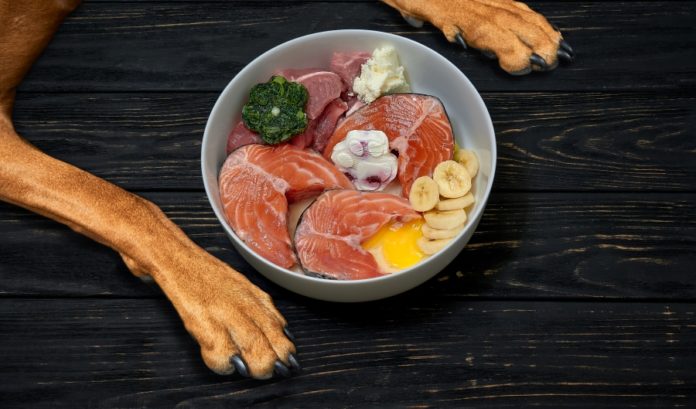Saving money on dog food can be expensive in the long run

Cheaper dog food is cheaper for a reason. The quality of ingredients suffers and eventually so can your pet.
With inflation spinning out of control and everything including pet food going way up in price, you could be forgiven for wanting to save money on anything you can, including pet food. That could be a costly mistake, though.
Cheaper pet foods often have cheaper ingredients and typically use a lot of filler without a lot of nutritional value. As it is for humans, the quality of the food we eat has a big effect on our health. There are places to cut costs, but food for yourself and your pet are not the places.
Choosing the best food for your dog
There is a lot of debate out there on just what, exactly, is the best food for your pet, but there is little debate on quality versus cheap. You can tell a dog that isn’t getting the nutrition she needs. Her coat will lack luster and the sparkle in her eyes may be missing. These aren’t just cosmetic signs – they’re external indicators of your pet’s health.
When there is a hefty price to pay for cheap food
Not only is the type of food important to the health of your pet, but also sometimes where the food was made matters, too. In 2007, North America was shocked to discover thousands of beloved pets dying from kidney failure. It was traced back to a number of Chinese suppliers who were putting melamine and cyanuric acid into pet food to make it look like the protein content was much higher than it actually was.
In the U.S. alone, it was estimated that over 13,000 pets died from this contamination. Cheap food often means cheap manufacturers who don’t really care about the health of your pet.
More local, pricier foods also have recalls, but the problem is much less likely to be due to a deliberate attempt to mask ingredients, and more likely due to the same problems humans encounter in accidental microbial contaminations due to farming or handling processes.
Poor quality nutrition can create health issues
While most health issues created by poor quality food aren’t as drastic as the melamine example, there are still problems inherent in cheap grocery store pet food. Short and medium-term consequences can include increased shedding, excess gas, chronically loose stools, intermittent vomiting, or even obesity if a dog ends up eating more because she doesn’t get enough nutrients from her food. The long-term consequences could include higher levels of cardiovascular disease, diabetes and cancer.
Quality food is worth the price
So, hopefully you’ve decided that quality food is still worth the money outlay. Deciding on the quality route has its complications, as well, as which way is the best to feed your dog is up for considerable debate.
While the healthy raw food diet has no shortage of critics, you’ll find that most of those critics come at it from a place of concern over getting the nutrient mix right. There are a lot of raw food companies who have studied the available science and have come up with the optimum mix and a little research on your part will help you arrive at the right answer. Raw food diets also have a lot of support from holistic vets who have done their own research and decided to support raw feeding after seeing the health benefits in their clients.
Freeze-dried raw also has a lot of health benefits without the degree of concern that handling raw meats has, both for your pet and yourself. Quality freeze-drying methods lock in the nutrition of raw food and just removes the moisture.
If you don’t wish to do raw or freeze-dried, there are healthier kibble and moist food alternatives available. Reputable pet food stores like Tail Blazers have a vast knowledge on different foods for different needs and they can help you decide on the healthiest choice for your pet.




